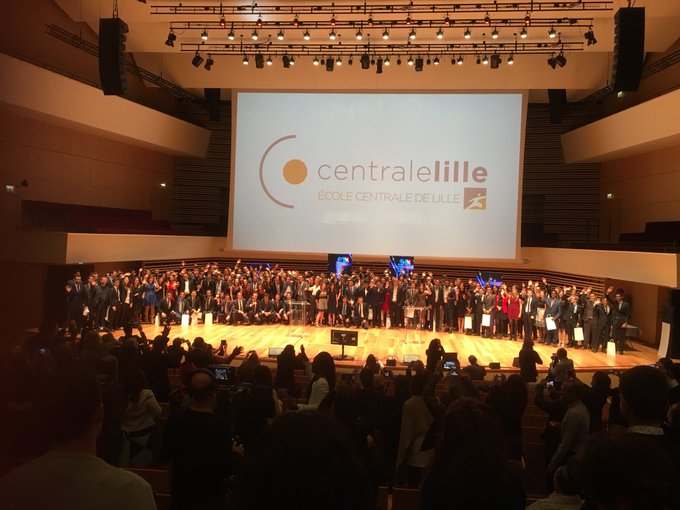Scholarship: Fully funded
Degree: Master
Nationality: International Students
Location: France/Europe
Application deadlines: Open
Scholarship Description:
A joint experimental-theoretical PhD position is available at ÉcoleCentrale Lille (France), in the framework of an industrial collaboration with the E2P2 laboratory in Shanghai (China), a joint unit of the Solvay industry and the CNRS (National Center for Scientific Research). The aim of the project is to gain a deeper understanding of the two-step catalytic autoxidation in the production of hydrogen peroxide (H2O2). The experimental side of the program is supervised by Pr. Sebastien Paul, while the computational aspect of the research will be carried out by Dr. Jérémie Zaffran. High-throughput experiments (synthesis conditions such as temperature, reagent concentrations, reaction time, etc.) will be combined with ab initio calculations (density functional theory, DFT) to gain a deep understanding of the common noble metal-based catalysts used in H2O2 production and to develop efficient earth-abundant multimetallic catalysts for this purpose. This work will be supported by machine learning (ML) algorithms to speed up the design of solid catalysts by predicting their activity and selectivity from a set of different calculated and measured descriptors. Ultimately, such research is expected to produce relevant tools for academia and industry to address the reactivity issue in H2O2 production and several other areas.
In France, a PhD is completed in three years and does not include teaching duties. The three-year work contract includes French social security (basic health insurance, unemployment insurance, etc.).
Available Subjects:
- Machine Learning-Aided Experimental/Computational Design of Solid Catalysts for Hydrogen Peroxide Production
Eligibility criteria:
- A completed Master of Science degree (or equivalent) in chemistry, physics or materials science;
- Strong interest in the study of catalytic mechanisms and applying experimental and simulation methods (especially DFT) to solving problems of industrial and scientific interest.·Good written and oral communication skills in English;
- The ability to work independently, and cooperate with partners;
- French language skills will be an advantage.
Application Procedure:
Please send the following to Qingyi Gu ([email protected]).
- 1-page motivation letter illustrating your research interests
- CV
- contact information of at least two references


